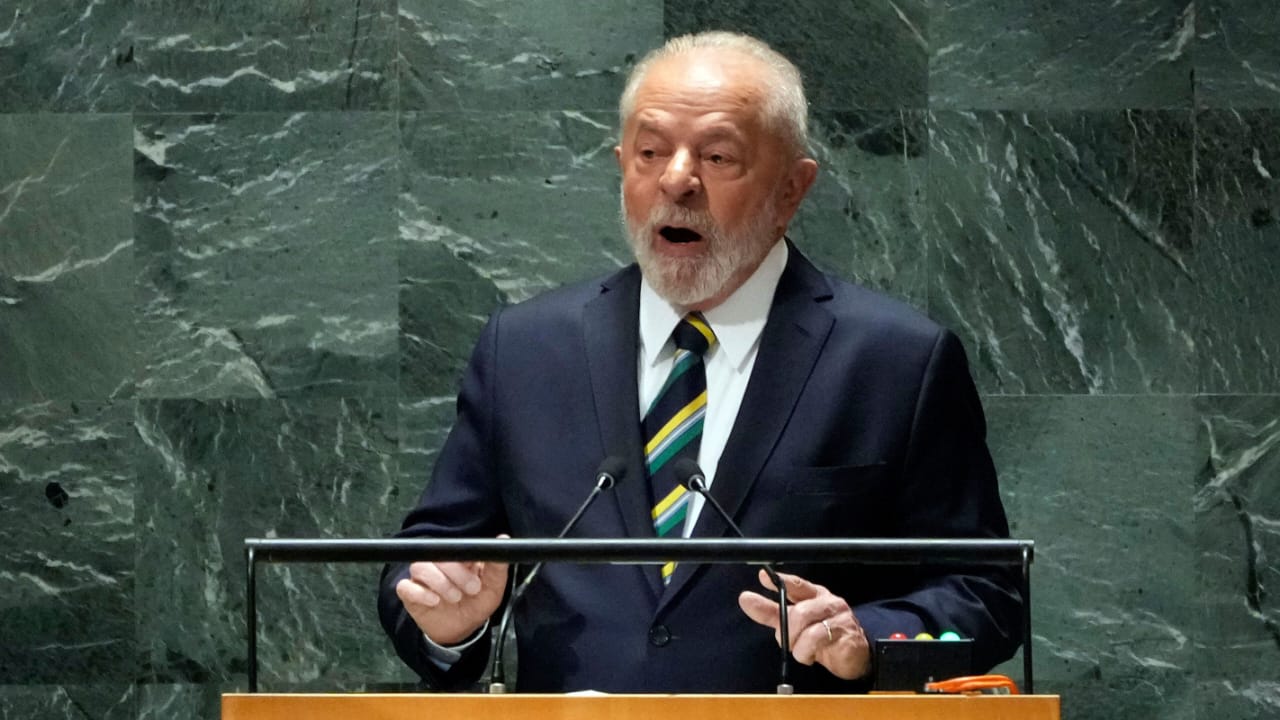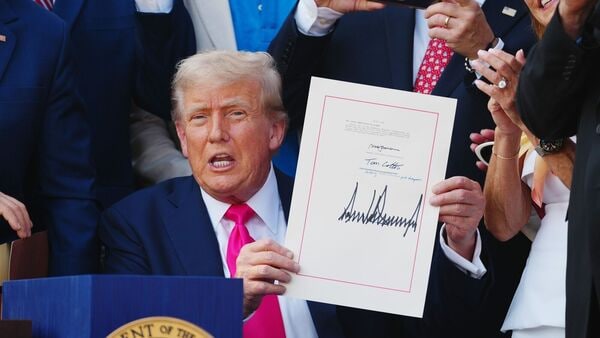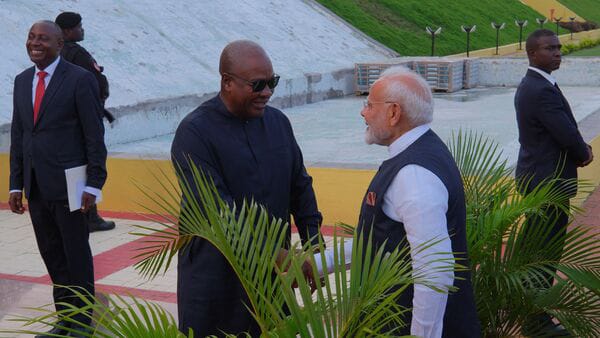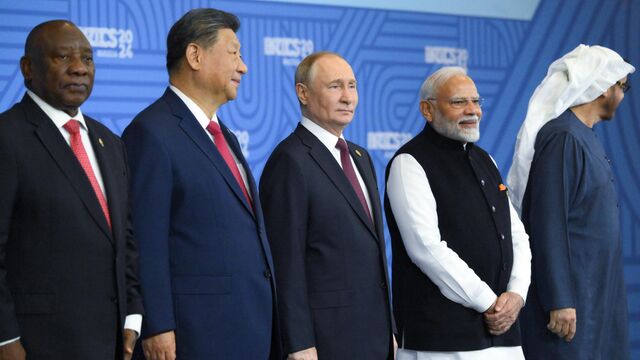
Today’s news update, The most recent BRICS summit emerged as a pivotal stage where Prime Minister Narendra Modi not only voiced India’s concerns about cross-border terrorism, but also secured strong support from member states on key issues like UN Security Council (UNSC) reform and opposition to protectionist trade policies, both of which were significant diplomatic victories for India.
Let us delve deeper into what transpired during the summit, how India has leveraged this multilateral platform, and what it means for the country’s geopolitical and economic future.
All the points in this post
India Takes a Firm Stand Against Terrorism
Prime Minister Narendra Modi’s clear but measured attack on Pakistan, which he accused of harbouring and promoting terrorism. Modi insisted that terrorism cannot be condoned or justified under any pretext, and called for action against states that provide safe haven to terrorist groups. What made the moment all the more significant was that other BRICS members – Russia, China, Brazil and South Africa – did not oppose Modi’s remarks. In fact, the BRICS declaration included language condemning all forms of terrorism without any caveats or conditions.
India’s persistent efforts are finally starting to bear fruit, with more countries acknowledging the need to hold state sponsors of terrorism accountable.
BRICS Supports India’s Demand for UNSC Reforms
Another basis for India’s BRICS involvement has been the long-standing demand for reform of the UN Security Council. As one of the largest democracies and a significant contributor to UN peacekeeping missions, India has long argued that the current structure of the UN Security Council is outdated and fails to reflect contemporary global realities. The BRICS bloc, which collectively represents more than 40% of the world’s population and nearly a quarter of global GDP, has been advocating for a multipolar world order.
By supporting India’s UN Security Council aspirations, the group is essentially challenging the monopoly power of Western powers and pushing for a more equitable distribution of power in global institutions. India sees this not only as a matter of prestige, but also as a necessity for effective global governance in the 21st century.
BRICS Slams Protectionist Trade Policies and Tariff Barriers
In addition to security and political reforms, the BRICS summit also addressed key economic concerns, particularly the rise of protectionist trade policies around the world. For India, this support is crucial. As the country integrates into global value chains and promotes “Make in India” initiatives, it needs market access without discriminatory tariffs. These innovations can reduce dependence on the US dollar and create alternative financial ecosystems – a move that is in line with India’s larger strategic interests.
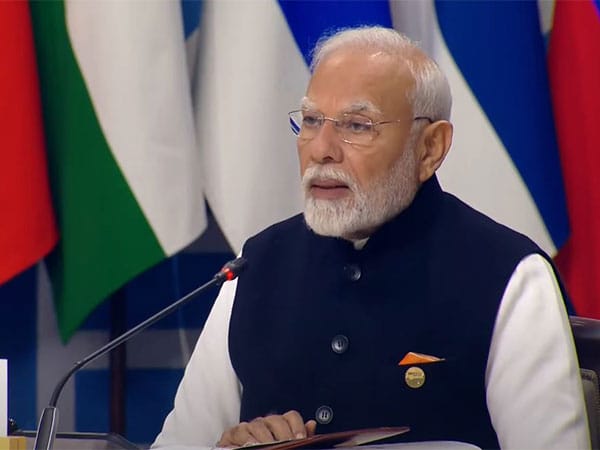
Modi Bats for Multilateral Reform and Global South Empowerment
Prime Minister Modi used his platform at BRICS to advocate for a more inclusive and representative world order, where the voices of the Global South are not only heard but respected. He stressed the importance of multilateral institutions that are not dominated by a few powerful countries but reflect the diversity of the world. Modi highlighted how the New Development Bank (NDB) – a multilateral development bank created by BRICS – offers an alternative to Western-dominated institutions like the World Bank and the IMF.
BRICS Expansion: A Game Changer for India?
The recent expansion of BRICS to include countries like Ethiopia, Egypt, Iran, Saudi Arabia and the United Arab Emirates marks a new phase in the bloc’s evolution. For India, this expansion brings both opportunities and challenges. On the one hand, it gives India the opportunity to deepen relations with new partners, especially in West Asia and Africa. On the other hand, the divergent interests among member states complicate decision-making. Nevertheless, India is committed to using BRICS as a platform to advance its strategic goals. India sees BRICS as an important ally in the formation of a multipolar world.
IN India-Brazil Bilateral Ties: Building Bridges Within BRICS
A notable aspect of Modi’s visit to Brazil at the summit was his bilateral meeting with President Luiz Inácio Lula da Silva. The two leaders discussed ways to deepen India-Brazilian cooperation in areas such as agriculture, technology, space exploration and renewable energy. India and Brazil share many similarities — both are large democracies, agricultural hubs and emerging technology hubs.
Modi and Lula also explored opportunities for joint ventures in biofuels, pharmaceuticals and digital public infrastructure, where both countries have shown significant growth. With Brazil’s G20 presidency in 2024 and India’s continued global outreach, the two countries are poised to work together on shared global priorities.
India’s Diplomatic Wins at BRICS Signal Rising Global Influence
The BRICS Summit proved to be a landmark event for India, where it successfully voiced its concerns about terrorism, advocated for institutional reforms and promoted a more equitable global economic order. India should continue to use platforms like BRICS to build alliances, advance development and promote peace in the future. Despite the long road ahead, India is steadily paving the way for a multipolar world through consistent diplomacy and visionary leadership.


